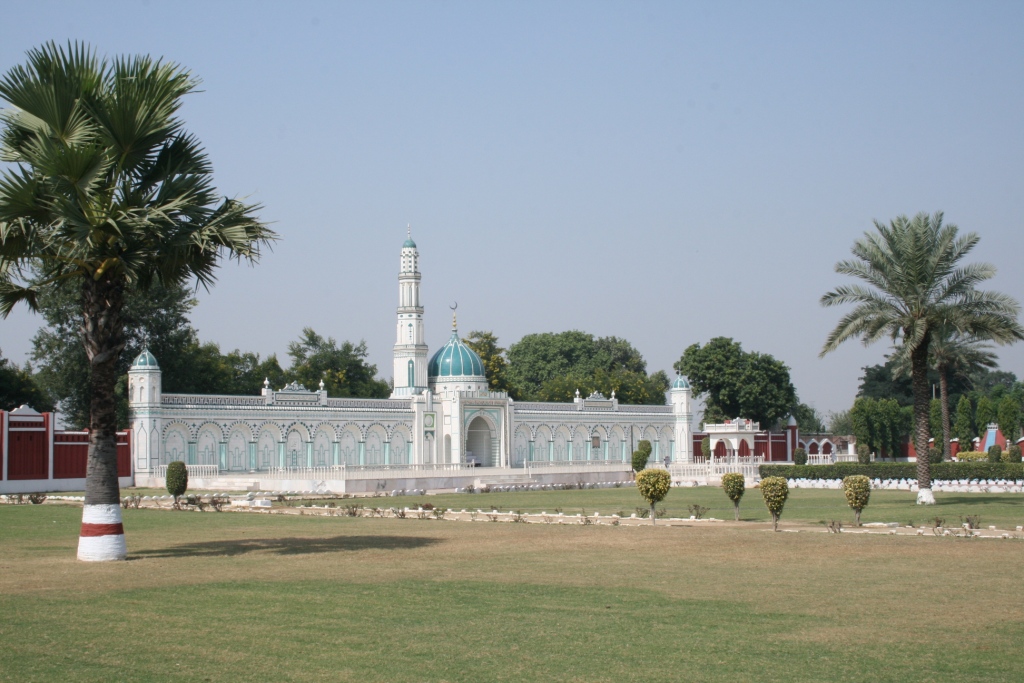MEANING OF WAQF
As defined under Section 3 (r) of “The Waqf Act- 1995 as amended in 2013”, Waqf means the permanent dedication by any person, of any movable or immovable property for any purpose recognized by the Muslim law as pious, religious or charitable
As defined under Section 3 (r) of “The Waqf Act- 1995 as amended in 2013”, Waqf means the permanent dedication by any person, of any movable or immovable property for any purpose recognized by the Muslim law as pious, religious or charitable and includes:-
1. A waqf by user but such waqf shall not cease to be a waqf by reason only of the user having ceased irrespective of the period of such cesser;
2. A Shamlat Patti, Shamlat Deh, Jumla Malkkan or by any other name entered in a revenue record;
3. “grants”, including mashrat-ul-khidmat for any purpose recognized by the Muslim law as pious, religious or charitable; and
4. A waqf-alal-aulad to the extent to which the property is dedicated for any purpose recognised by Muslim law as pious, religious or charitable, provided when the line of succession fails, the income of the waqf shall be spent for education, development, welfare and such other purposes as recognized by Muslim law, and “waqif” means any person making such dedication

Thousands of acres of lands spread all across the country, and hundreds of buildings and structures having historical significance together make what the world knows as Muslim Auqaf. The institution of Waqf in India is 800 years old. It began when Muslim rulers donated huge lands for charity. The approximate number of registered Waqf properties in India is 3,00,000 and accounts for 4 lakh acres of land. According to the Deputy Chairman of the Rajya Sabha, Sh. Rahman Khan, this makes the Boards the third-largest landholder after the Railways and Defence.
A surrender of properties to God, a Waqf deed is irrevocable and perpetual. Waqf is a permanent dedication of movable or immovable properties for religious, pious or charitable purposes as recognized by Muslim Law. The Waqf Institutions deal with the religious, social and economic life of Muslims. They are not only supporting Mosques, Dargah etc. But many of them support Schools, Colleges, Hospitals, and Musafirkhanas which are meant for social welfare.
The word waqf has its origin in the Arabic word “Waqufa” meaning “to detain or to hold or tie up”. It is said that once second Khalifa Omar acquired a piece of land in Khaibar and asked the prophet Mohammed as how best to make the most pious use of it. The prophet said tie up the property and devote the usufruct to the welfare of human beings, and it is not to be sold or made the subject of gift or inheritance, devote its produce to your children , your kindred and the poor and in the way of Allah.
The term waqf literally means detention. The legal meaning of Waqf according to Imam Abu Hanifa is the detention of specific things in the ownership of waqif and the devoting of its profit or products "in the charity of poors or other good objects". Imam Abu Yusuf and Imam Muhammad Say: Waqf signifies the extinction of the waqf`s ownership in the thing dedicated and detention of all the thing in the implied ownership of God, in such a manner that its profits may revert to or be applied "for the benefit of Mankind". There is no direct injunction of the Quran regarding Waqf, but there is a hadith which says "Ibn Umar reported, Umer-Ibn-Al- Khitab got land in khyber, so he came to the prophet Muhammad (Swl) and asked him to advise him about it. The Prophet said, if you like, make the property inalienable, and give the profit from it to charity." Waqf means the permanent dedication by a person of any property for any purpose recognized by the Muslim law as religious, pious or charitable.









